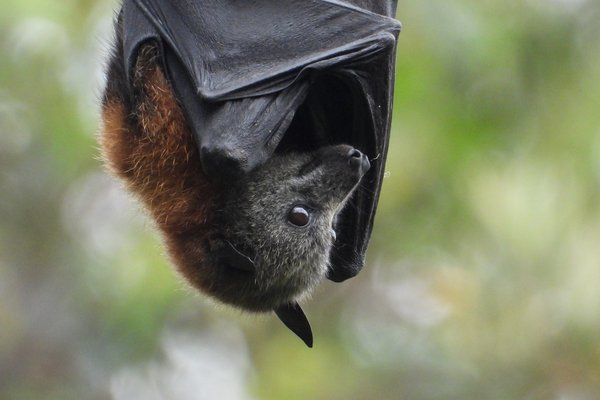'Flying' to Brazil!
As an Australian Museum Senior Fellow, I was given a grant from a Brazilian research funding agency to work for seven weeks (30 August – 14 October 2017) on several projects, including a planned, three-volume manual on the Diptera (true flies) of South America. This work will provide family descriptions and keys to all known genera of flies on the continent. I was based at the Universidade de São Paulo, Ribeirão Preto, a regional university set on an old coffee plantation in central São Paulo state. Here, I sorted large collections of my speciality, the long-legged fly family Dolichopodidae. I was able to visit the famed National Institute of Amazonian Research (INPA) in Manaus on the Amazon River, and made two day trips to the surrounding forest reserves as well as studying large collections from northern Brazil.

© unknown
Other visits included a week at the Museu de Zoologia, São Paulo and a trip to the university in Brasilia where I consulted with a researcher working on long-legged flies in organic horticultural fields [adult Dolichopodidae are active predators on small soft-bodied insect pests, and can be abundant, especially in unsprayed organic fields]. In each of the four locations visited, Ribeirão Preto, Manaus, São Paulo, and Brasilia, I presented a 45-minute lecture on Diptera diversity and taxonomy.
On the trip back to Australia I stopped in Peru to meet a researcher at the agricultural university at La Molina, east of Lima who had contacted me about a species of plant mining long legged flies (genus Thrypticus) that are found in mining maize (corn) stems. I examined the species and plan to describe it with associated DNA barcodes. This could become the basis for a larger funded project into this maize pest.
I had engaging and productive interactions with associated researchers and students at all the research facilities I visited, which was one of the most rewarding aspects of his research trip to South America. I am looking forward to working even more closely with these new colleagues into the future.
Dr Dan Bickel, Senior Fellow, Australian Museum Research Institute








